
Interview: Ex-lawmaker James Tien laments polarised politics, says Hong Kong’s Carrie Lam no longer in charge
Hong Kong has become deeply polarised between pro-democracy and pro-establishment politicians and moderates are a vanishing breed, a veteran former legislator and party leader says.
In an interview with HKFP, James Tien - a self-proclaimed “liberal pro-establishment” figure - slammed the government of Chief Executive Carrie Lam for ignoring public opinion during months of street protests last year, and said it was not her but Beijing who was now running the city.
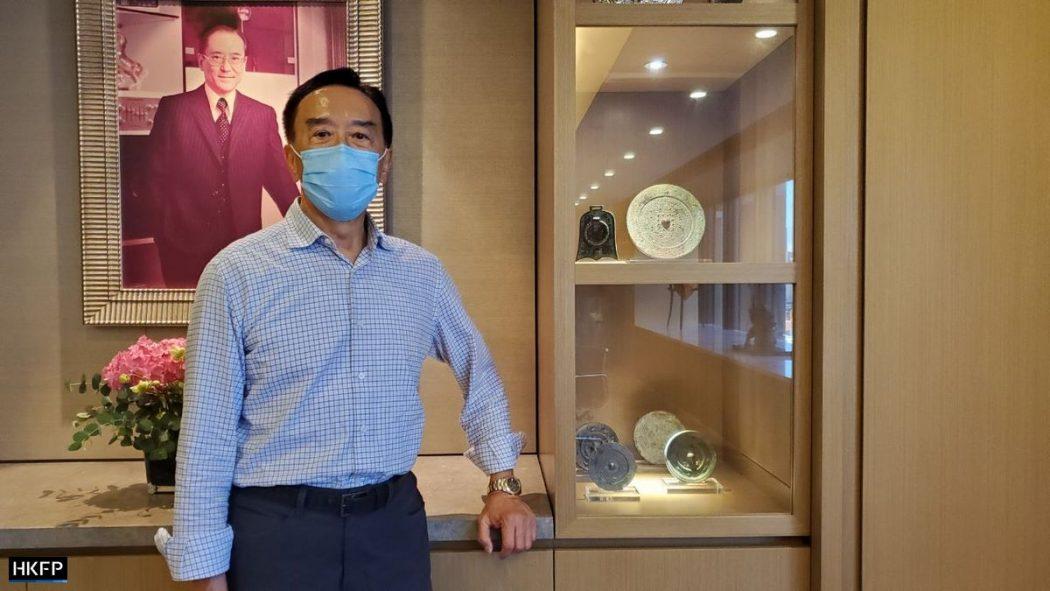
“Ask anyone and they will say It’s not Carrie Lam but Luo Huining who is ruling Hong Kong,” he said, referring to the director of China’s Liaison Office in the city.
Amid the Covid-19 pandemic, the subsequent economic downturn and political instability, Tien said Lam could only hope to lead a caretaker government for the rest of her term ending in June 2022.
Tien, a six-term lawmaker and former chairperson of the pro-business Liberal Party, said he supports the basic aims of a sweeping new national security law which has sparked international criticism and sanctions. But he said it should be used only sparingly and should not have been imposed on Hong Kong by Beijing’s legislature.
The law triggered headlines worldwide this month when a newly-formed national security department under Hong Kong’s police force arrested 10 pro-democracy figures including newspaper magnate Jimmy Lai and raided the newsroom of his Next Digital headquarters.
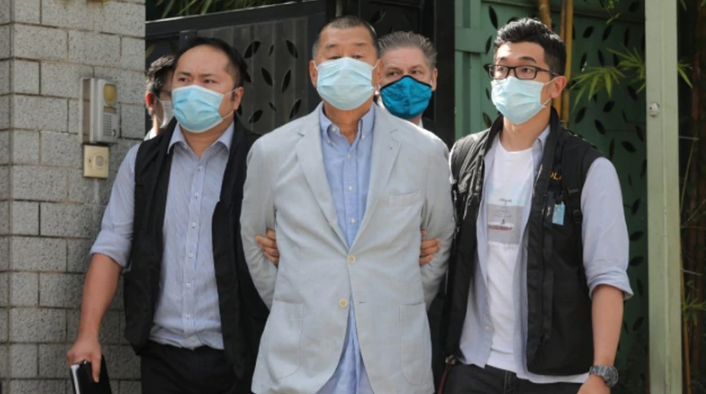
Tien contrasted the current situation with the summer of 2003, when the Hong Kong government’s own plan for a security law - which is mandated under Article 23 of the Basic Law, Hong Kong’s mini-constitution - sparked a huge protest by an estimated 500,000 people.
Tien, who at the time was a lawmaker representing the commercial sector and an Executive Council member, resigned from the council and urged the government to shelve the draft legislation in view of the public backlash. It did just that.
Since then, he said, the situation has changed. Seventeen years ago, no one was advocating Hong Kong’s independence. “But there is a need for the security legislation in today’s Hong Kong.”
Nevertheless, he said, it should be used with restraint.
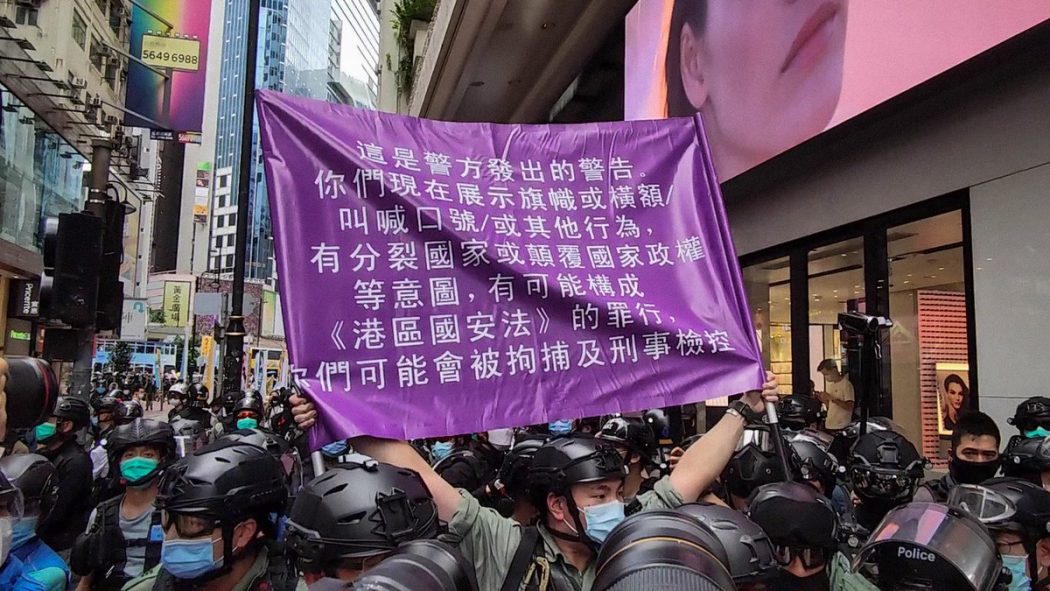
“This law should be used more prudently. Now Beijing has the weapon, they should use it sparingly,” Tien said.
Business stuck in the middle
Relations between China and the United States — already soured by the protests sparked last year by a planned extradition bill and Beijing’s clampdown on Hong Kong’s pro-democracy movement — have worsened sharply since the security law came into force on June 30.
In early August, the US announced sanctions against 11 Hong Kong and China top officials for undermining Hong Kong’s autonomy, whilst China announced similar measures in retaliation. Tien - in agreement with most officials’ dismissive attitude towards the US move - said relations between the two superpowers have, however, not hit rock bottom.
Tien, a textile entrepreneur, said plans by some foreign businesses to leave Hong Kong were prompted mainly by the China-US trade war rather than the national security law. He was hopeful that if Democratic Party candidate Joe Biden wins the US presidential election in November, the measures adopted by President Donald Trump against China and Hong Kong will soon be rescinded.
Tien is nonetheless worried about the impact of the political situation on business.
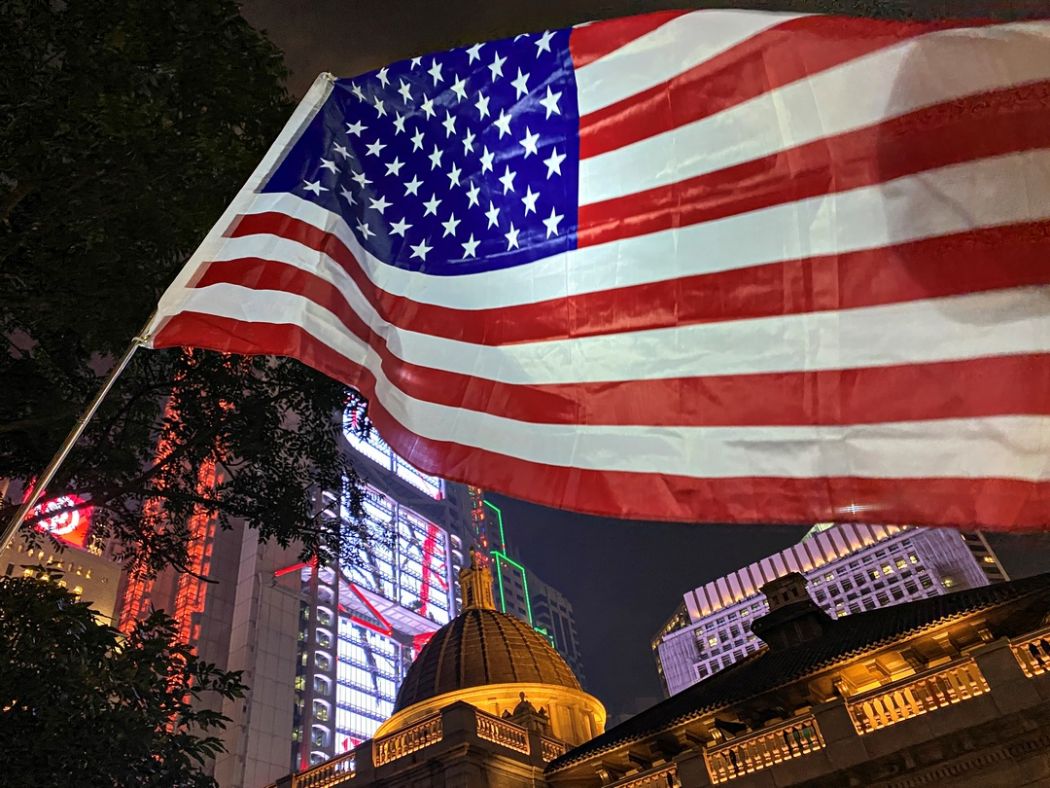
“Now businesses feel torn between [opposing sides],” he said, citing HSBC’s statement in support of the national security law as an example. The bank came under fire from London for releasing the statement - and from former Hong Kong chief executive C.Y. Leung for its perceived delay in expressing support.
Last year’s sometimes violent protests were sparked by an attempt by Lam’s government to pass a law which would have allowed the extradition of criminal suspects to mainland China for trial.
Tien said the business sector was less worried about the national security law than it had been about the now-scrapped extradition bill.
“The extradition bill would have allowed the transfer of fugitives for all crimes, whilst businesspersons can be apolitical and hence unaffected by the security law.”
Foreign investors lack confidence in mainland China’s judicial system but trust the common law system in Hong Kong. The extradition bill would have demolished the firewall between two fundamentally different systems.
Tien said that had he still been in the legislature he would have urged the government to retract the extradition bill following a march on June 9 last year by hundreds of thousands of protesters.
“We are in an automobile that’s about to crash into a tree,” he said of the situation at the time. “Someone should hit the brakes.”
It was not until three months later, after another mass march and prolonged city-wide unrest, that Lam announced she would drop the extradition bill.
“It is disappointing that the Liberal Party issued a statement supporting the bill on the evening of the big march… It was as if all pro-establishment politicians internalised it and would obediently align themselves with the order from Beijing.”

Tien and three other honorary chairpersons of the Liberal Party wrote an open letter to incumbent chair Tommy Cheung and asked him to resign from his position as a government adviser in the Executive Council.
Having been the pro-business Liberal Party’s chairperson for 10 years, Tien said he was disheartened and saddened by what he called its blind allegiance to the authorities, which he said was not beneficial to Beijing’s rule of Hong Kong.
“I don’t think Beijing wishes to see what’s happening in Hong Kong today. There are pushbacks whatever political moves are made… There is no breathing space amidst the rivalry.”
“Amid the political polarisation between the pro-democracy and pro-establishment camp, someone in the middle ground is particularly valuable. Unfortunately there isn’t any figure as such in today’s Legco [Legislative Council].”
Tien founded the Hope League - backed by former Financial Secretary John Tsang - to take part in elections scheduled for September for LegCo. The government has now postponed the poll for at least a year, citing the coronavirus pandemic.
“We need around three to four seats in LegCo in the middle ground,” Tien said. Together with younger moderate figures such as former New People’s Party policy adviser Derek Yuen, Tien said he believed such a critical minority could make a difference and bargain with both sides amidst the political crisis.
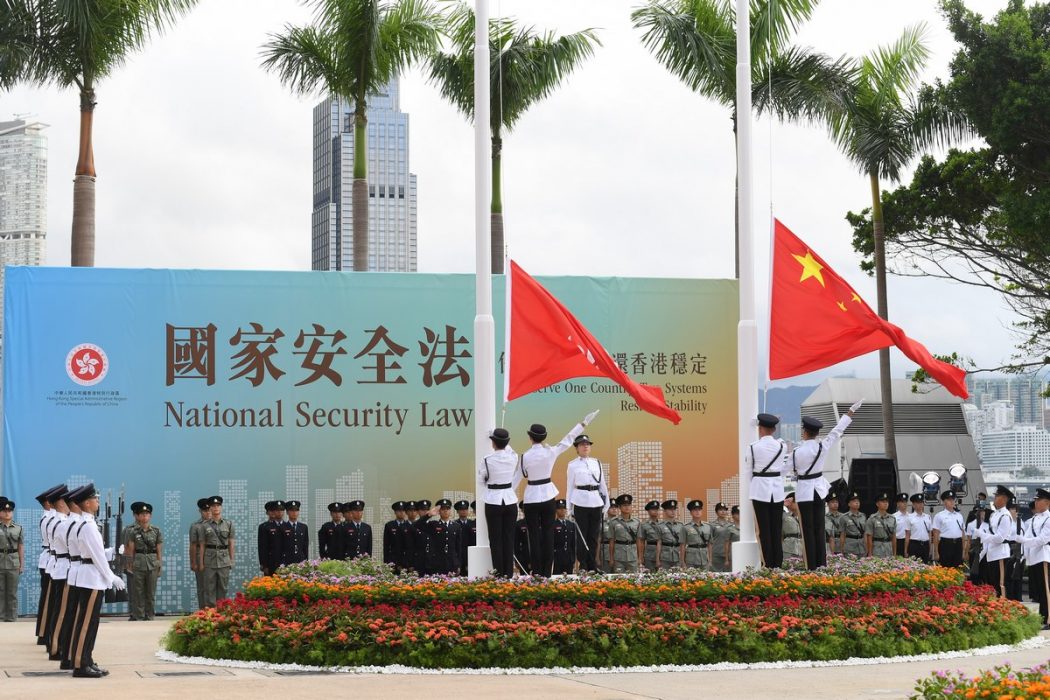
Tien said Lam’s administration is in a dilemma due to the US sanctions on her and other senior Hong Kong and China officials.
“I can’t see anyone who would want to take over her position. They can be easily sanctioned by the US just by serving Beijing’s purposes.”
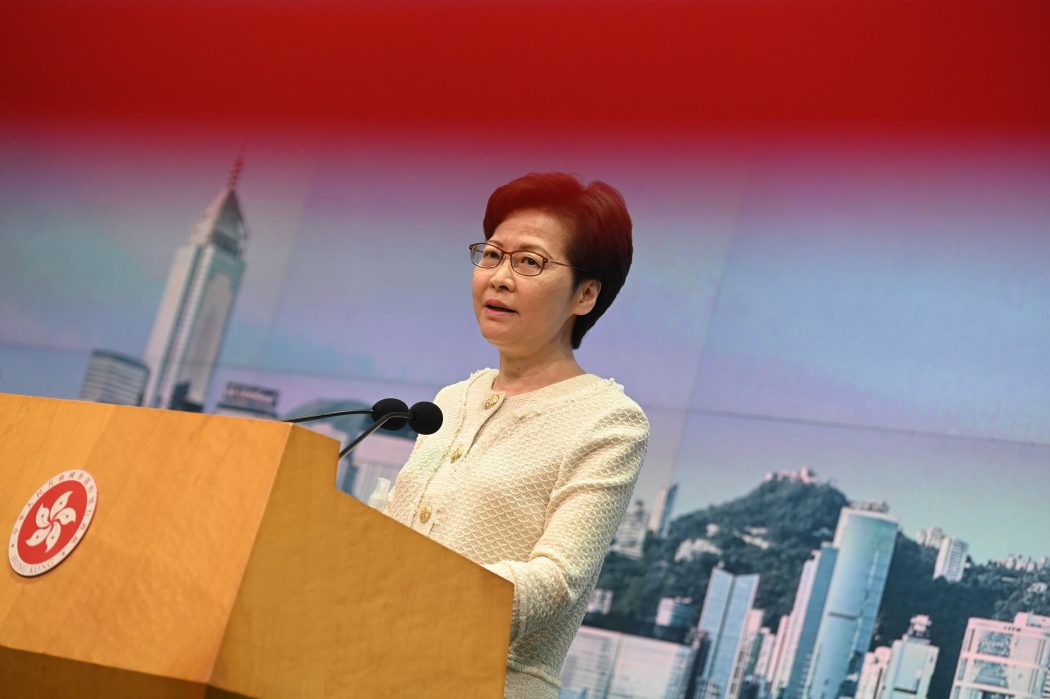
Leading commentator Lau Siu-Kai, vice-president of the semi-official Chinese Association of Hong Kong and Macau Studies, has criticised some Hong Kong pro-establishment figures - without naming them - for a lack of patriotism. Lau said some politicians only incline towards Beijing for their own self-interest and not out of a love of country.
Tien, born in Shanghai and raised in Hong Kong, said it was natural to have a sense of belonging to the city and its special status under the One Country, Two Systems principle, which is supposed to remain in force for 50 years after the 1997 handover.

Tien said the principle should be extended past 2047, adding that his political beliefs did not discredit his identity as a Chinese.
“I may be gone in 2047. But youngsters who protest radically in the streets today will be middle-aged.“ He said he wished both sides could de-escalate and reconcile in their best interests.
Support HKFP | Policies & Ethics | Error/typo? | Contact Us | Newsletter | Transparency & Annual Report | Apps
Help safeguard press freedom & keep HKFP free for all readers by supporting our team
Link nội dung: https://vosc.edu.vn/tien-hong-kong-a75018.html